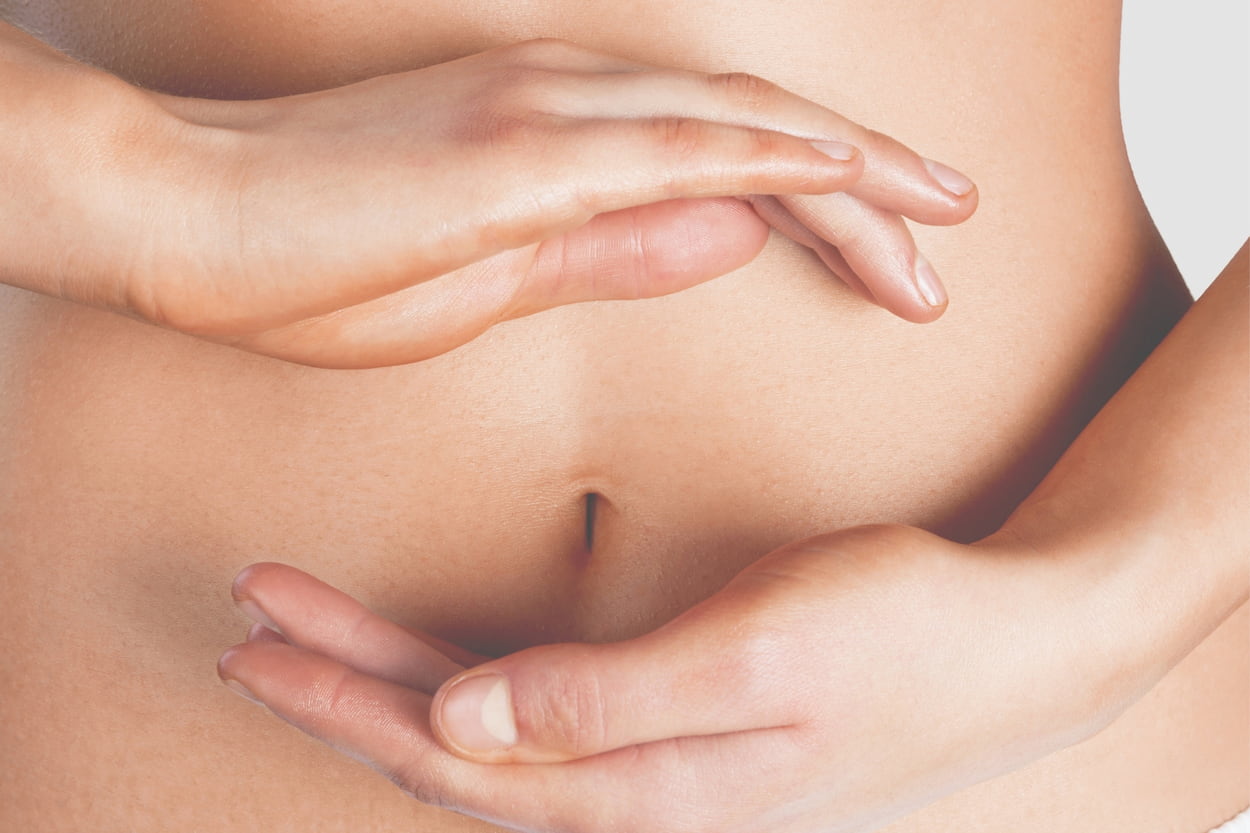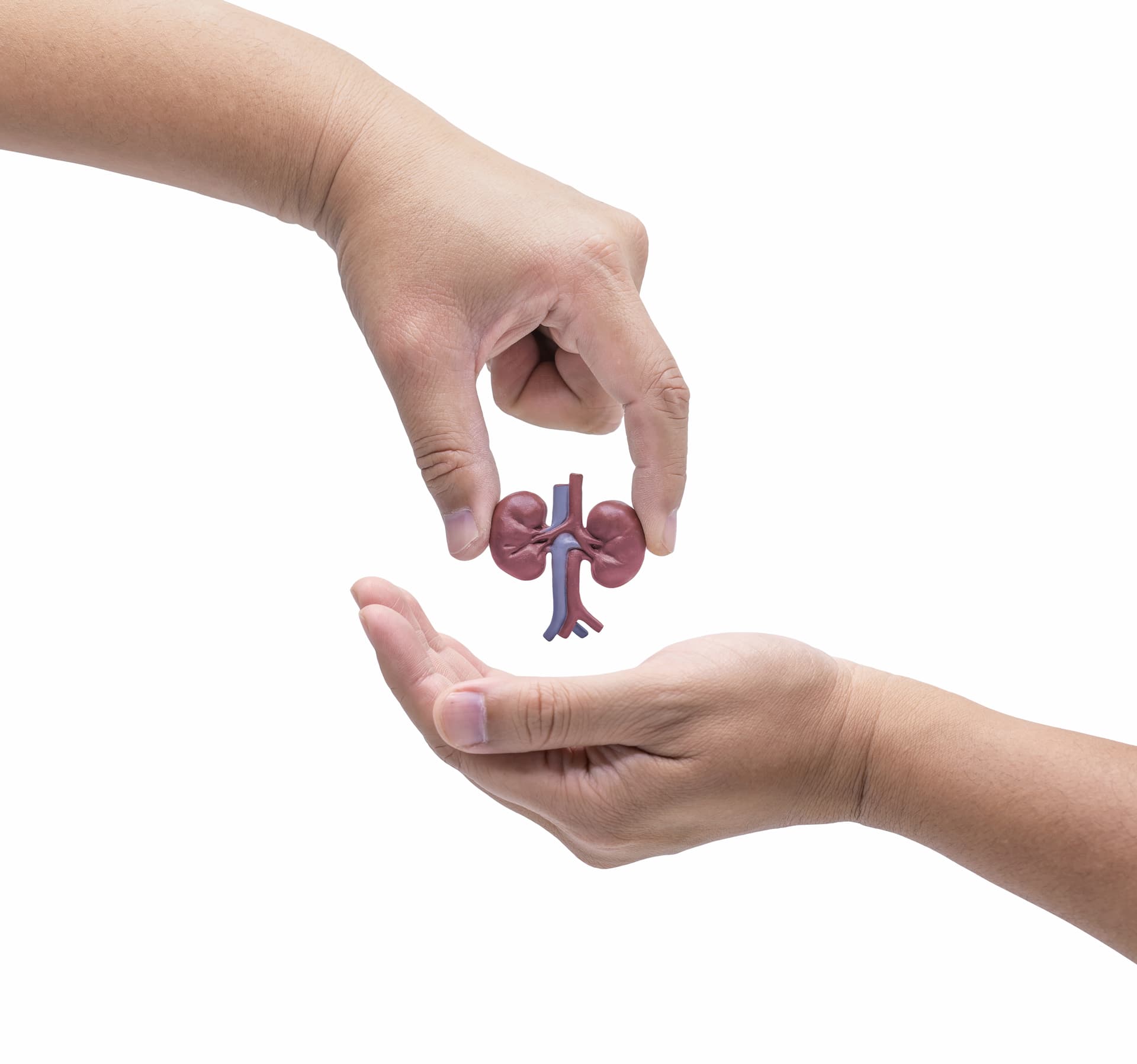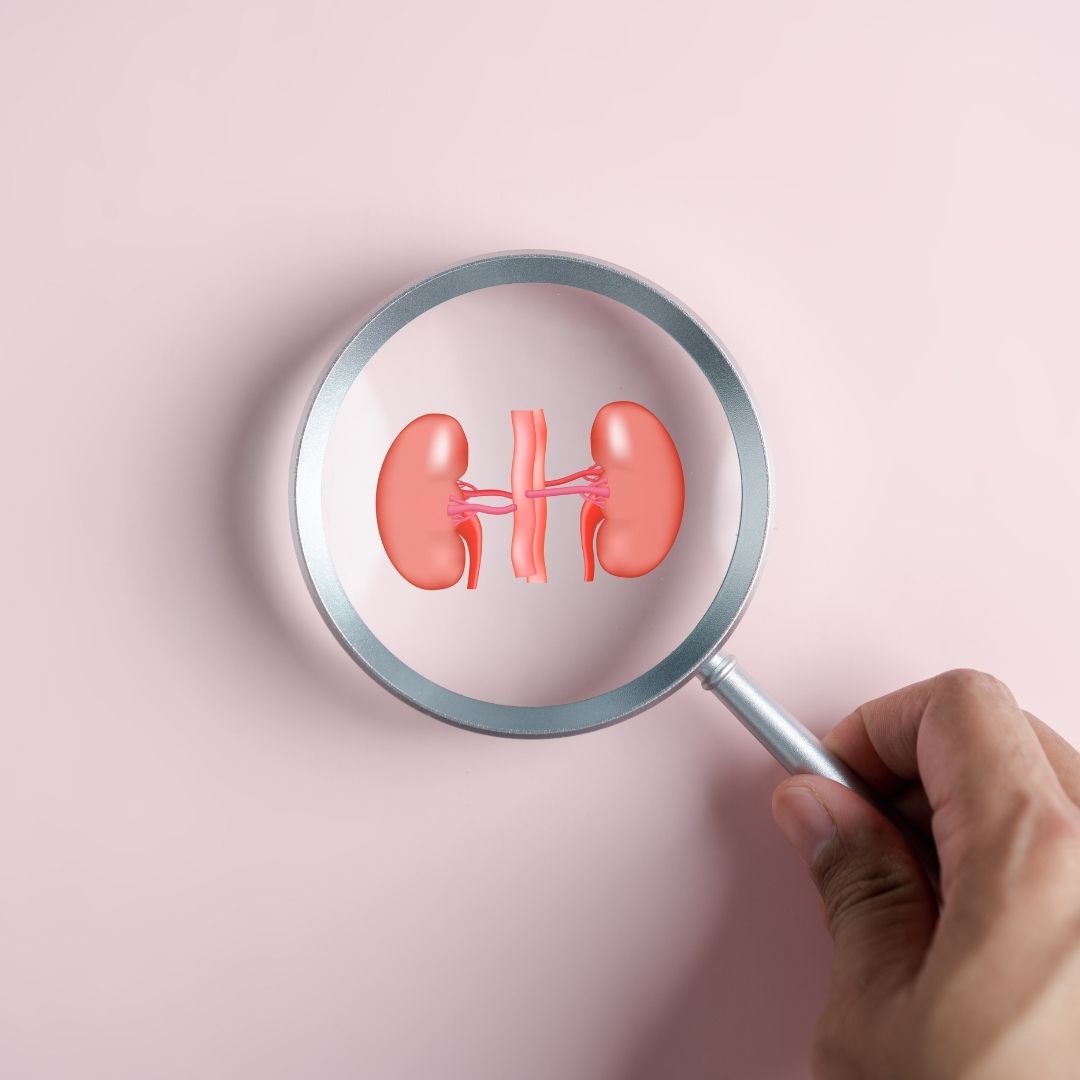
Navigating Belly Button Infections: Symptoms, Causes, and Treatment
Belly button infections are a common problem that can affect anyone. They can be caused by a variety of factors, such as poor hygiene, excessive sweating, or an underlying medical condition. If left untreated, a belly button infection can lead to more serious health problems. In this article, we'll take a closer look at the symptoms, causes, and treatment options for belly button infections.
What is a Belly Button Infection?
A belly button infection is a type of infection that affects the belly button, also known as the umbilicus. The belly button is a small, rounded depression in the abdomen that marks the site of the former attachment of the umbilical cord. While it is usually a harmless and often overlooked part of the body, a belly button infection can cause discomfort and can potentially lead to more serious health problems if left untreated.
Belly button infections can be caused by a variety of factors, such as poor hygiene, piercing, obesity, diabetes, and a weakened immune system. They occur when bacteria, fungi, or other pathogens enter the belly button and start to grow. The infection can affect the skin around the belly button or deeper tissues, causing symptoms such as redness, swelling, discharge, and pain. If left untreated, the infection can spread to other parts of the body and cause more serious complications.
If you experience any signs of a belly button infection, it is important to seek medical attention right away. Treatment options for belly button infections depend on the severity and cause of the infection. Mild cases can be treated at home with simple remedies such as warm water and mild soap, while severe cases may require medical intervention such as antibiotics or surgery. By understanding the symptoms, causes, and treatment options for belly button infections, you can take steps to protect yourself and maintain good hygiene to prevent infections.

Symptoms of Belly Button Infections
The symptoms of a belly button infection may vary from person to person. Some common symptoms include:
Redness and swelling around the belly button
Itching and irritation
Pain or tenderness around the belly button
Pus or discharge from the belly button
Foul smell from the belly button
Rash or blisters around the belly button
In some cases, a belly button infection may be accompanied by fever, chills, or other signs of a systemic infection. If you experience any of these symptoms, it's important to seek medical attention right away.
Causes of Belly Button Infections
Belly button infections can be caused by a variety of factors. Some of the most common causes include:
Poor hygiene: Failure to clean the belly button properly can lead to the accumulation of dirt, sweat, and bacteria. This can create an ideal environment for infection to develop.
Excessive sweating: If you sweat excessively, the moisture can get trapped in your belly button, providing an ideal breeding ground for bacteria and fungi.
Piercings: If you have a belly button piercing, you may be at higher risk for infection. This is because the piercing can create a small wound that allows bacteria and fungi to enter the skin.
Obesity: If you're overweight or obese, you may be at higher risk for belly button infections. This is because the skin around the belly button can become irritated and chafed, making it more susceptible to infection.
Medical conditions: Certain medical conditions, such as diabetes or a weakened immune system, can increase your risk of developing a belly button infection.
Treatment Options for Belly Button Infections
If you suspect that you have a belly button infection, it's important to seek medical attention right away. In most cases, a doctor will prescribe antibiotics or antifungal medication to treat the infection. Depending on the severity of the infection, you may need to take medication for several weeks.
In addition to medication, there are several things you can do at home to help manage the symptoms of a belly button infection. These may include:
Cleaning the belly button: Make sure to clean the infected area thoroughly with warm water and mild soap. Gently pat the area dry with a clean towel.
Applying a warm compress: A warm compress can help to soothe the skin and reduce inflammation. You can make a warm compress by soaking a clean washcloth in warm water and wringing it out. Place the compress over the infected area for 10-15 minutes at a time.
Avoiding irritants: Avoid using harsh soaps, lotions, or other products that can irritate the skin around your belly button.
Managing underlying medical conditions: If you have an underlying medical condition that may be contributing to your belly button infection, it's important to manage it properly. This may involve making lifestyle changes or taking medication as prescribed.
Preventing Belly Button Infections
The best way to prevent belly button infections is to practice good hygiene. Make sure to clean your belly button regularly with warm water and mild soap. You should also avoid wearing tight clothing that can trap moisture and bacteria against your skin. If you have a belly button piercing, make sure to keep the area clean and dry.
If you're prone to excessive sweating, you may want to take steps to manage it. This may include wearing breathable clothing, using antiperspirants, or taking medication to reduce sweating.
If you have an underlying medical condition that may be contributing to your belly button infections, it's important to manage it properly. This may involve making lifestyle changes or taking medication as prescribed.
Healthy Türkiye Notes
Belly button infections can be uncomfortable and unpleasant, but they're usually not serious. With proper treatment, most infections can be cleared up within a few weeks. To prevent future infections, make sure to practice good hygiene, manage underlying medical conditions, and seek medical attention if you notice any symptoms of infection.
If you're experiencing symptoms of a belly button infection, don't hesitate to seek medical attention. Your doctor can help you determine the best course of treatment and ensure that the infection doesn't spread or become more serious. With proper care and attention, you can keep your belly button clean and healthy for years to come.


.jpg)

